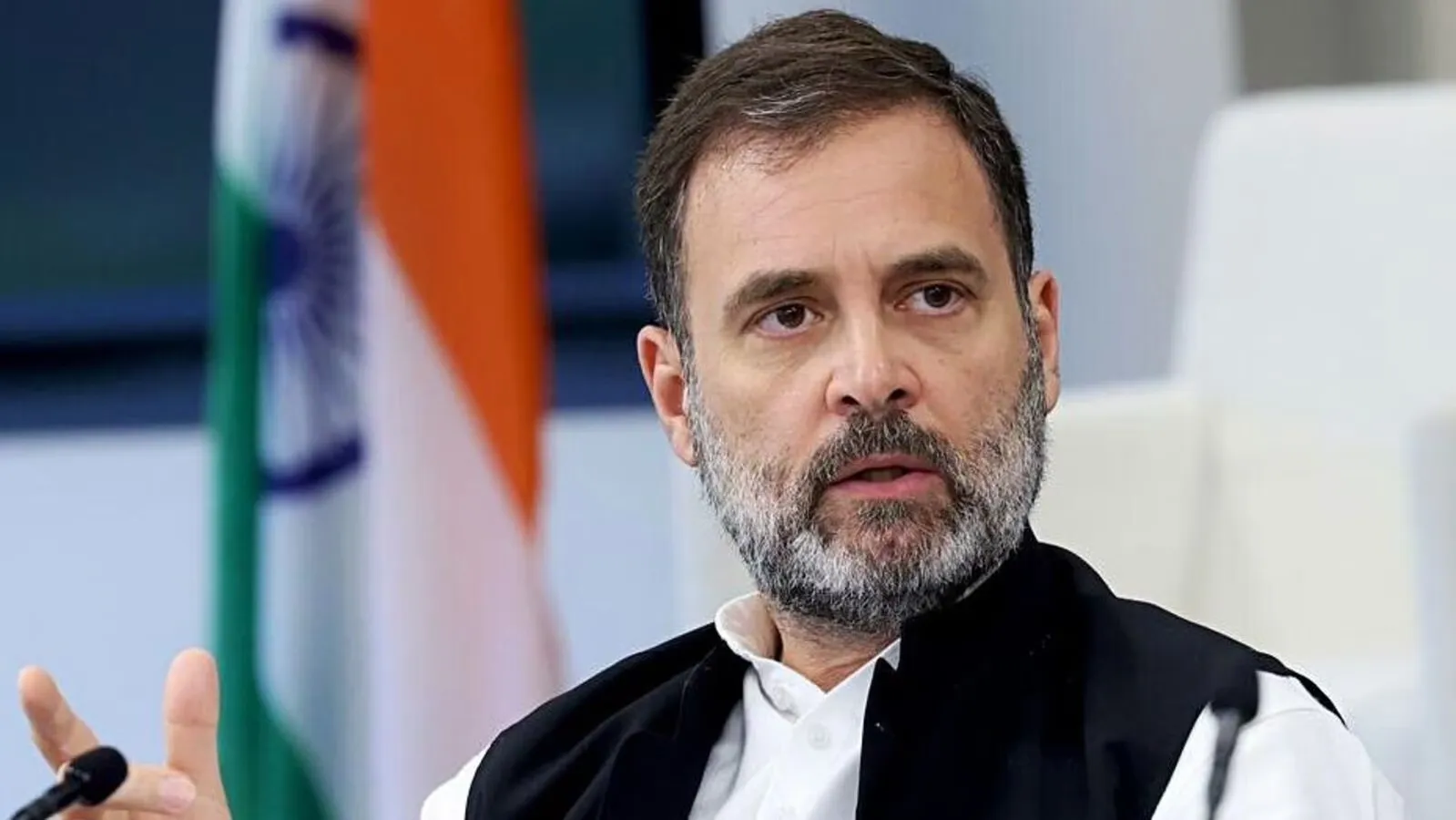
Gyanesh Kumar, a 1988-batch Indian Administrative Service officer from the Kerala cadre, assumed office on February 19, 2025. Born on January 27, 1964, in Agra, Uttar Pradesh, Kumar holds a BTech in Civil Engineering from the Indian Institute of Technology Kanpur and has pursued studies in Business Finance at ICFAI, India, and Environmental Economics at Harvard University. His extensive bureaucratic career includes roles such as Cooperation Secretary and Parliamentary Affairs Secretary at the central government, as well as Joint Secretary in the Ministry of Defence from 2007 to 2012.
The appointment has been met with opposition from Rahul Gandhi, the Leader of Opposition in the Lok Sabha. Gandhi submitted a dissent note, expressing his objections to the process and timing of the selection. He emphasized that the decision was made unilaterally by Prime Minister Narendra Modi and Home Minister Amit Shah, sidelining the established selection committee. Gandhi stated, "It is disrespectful and discourteous for the Prime Minister and Home Minister to have made a midnight decision."
The controversy is further intensified by the fact that the Supreme Court is scheduled to hear a case challenging the 2023 law governing the appointment of the CEC and Election Commissioners. This law altered the composition of the selection committee, replacing the Chief Justice of India with a member appointed by the Prime Minister. Gandhi argued that proceeding with the appointment ahead of the Supreme Court's hearing undermines the judicial process and could be perceived as an attempt to influence the outcome.
The Election Commission of India, established in 1950, is a constitutionally mandated body responsible for administering elections to the national and state legislatures, as well as the offices of the President and Vice-President. The Chief Election Commissioner, along with two Election Commissioners, oversees the conduct of free and fair elections in the country. The recent legislative changes and the subsequent appointment of Gyanesh Kumar have sparked debates about the independence and transparency of the Election Commission.
Gyanesh Kumar's tenure as CEC comes at a critical juncture, with several significant elections on the horizon. The Bihar Assembly elections are slated for later this year, followed by elections in West Bengal, Assam, and Tamil Nadu in 2026. Ensuring impartiality and maintaining public trust in the electoral process will be paramount during this period.
In response to the criticism, government officials have defended the appointment, stating that it adheres to the procedures outlined in the 2023 law. They assert that the selection was conducted transparently and that Gyanesh Kumar's extensive experience in public administration makes him a suitable candidate for the role.
As the Supreme Court prepares to hear the petitions challenging the amended selection process, the debate over the appointment underscores the broader discourse on the autonomy of constitutional bodies in India. The outcome of the judicial review may have far-reaching implications for the future framework governing such appointments and the perceived independence of the Election Commission.
Gyanesh Kumar's assumption of office also brings attention to his previous contributions in various governmental capacities. Notably, during his tenure as Cooperation Secretary, he oversaw the enactment of the Multi-State Cooperative Societies Act, 2023, and the formation of national cooperative bodies such as the Bharatiya Beej Sahakari Samiti Limited and the National Cooperative Organics Limited. His role in launching the CRCS-Sahara refund portal facilitated the submission of claims by depositors of four Multi-State Cooperative Societies of the Sahara Group, reflecting his commitment to cooperative sector reforms.
